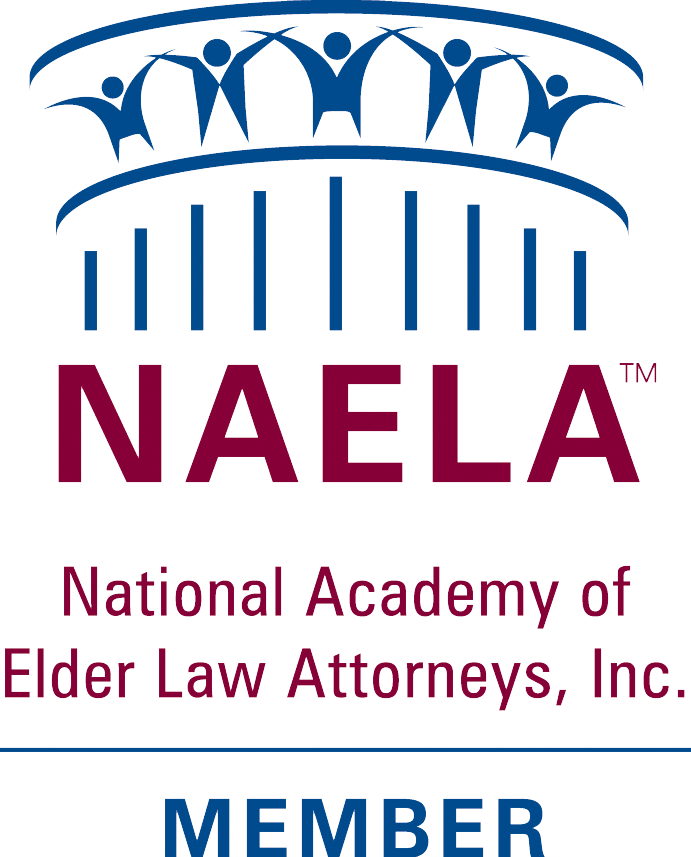Many people come to me with confused ideas about what a Last Will and Testament is and what it does. Today I would like to give you a better understanding of the Last Will and Testament. A Last Will and Testament is an important legal document which all competent adults should have as part of their estate plan regardless of age and financial situation. A Last Will and Testament enables you to determine the disposition of your assets upon your death. In the event that one does not have a Will, then State Law determines who inherits your assets. In New York, if you die without a Will, assets would pass to your next of kin by blood, beginning with your spouse and children, if any, and going all the way down to first cousins once removed. A Will permits you to choose who will inherit your estate when you pass away, as opposed to having the State decide for you. In addition, the Will also permits you to choose an executor to administer your estate when you pass away. The executor is in charge of handling your funeral, collecting your assets, selling your property, paying expenses and taxes, and then distributing the balance of your estate in accordance with the terms of your Will. Therefore, it is important to choose a responsible and trustworthy person to be your executor. If you do not choose an executor, then the Court appoints an executor according to State law.
 A Will can also be used to administer the inheritance of a beneficiary who needs assistance managing their affairs by establishing a trust for the beneficiary. This can be important if you wish to leave assets to a person who is disabled, on government benefits, is elderly or sick, a minor child, or a person who is a spendthrift (does not handle money well). In these types of situations, it may not be a good idea to leave assets outright to such a person, and it may be advisable to set up a trust in your will so that your executor or a trustee manages the inheritance for the benefit of the disabled person. This can help protect the inheritance from the beneficiary’s creditors and ensure that the inheritance is properly managed and preserved for their benefit. However, a will does not protect your assets from creditors or medical bills while you are alive nor does it avoid court proceedings, such as probate. Other planning devices, such as living trusts can be used for asset protection and to avoid Probate. A Will allows you to express your wishes and appoint an executor to manage your estate when you pass away. Although it is not necessary for an Attorney to draft your Will, it is strongly recommended that you consult with an attorney for more information on making a Last Will and Testament.
A Will can also be used to administer the inheritance of a beneficiary who needs assistance managing their affairs by establishing a trust for the beneficiary. This can be important if you wish to leave assets to a person who is disabled, on government benefits, is elderly or sick, a minor child, or a person who is a spendthrift (does not handle money well). In these types of situations, it may not be a good idea to leave assets outright to such a person, and it may be advisable to set up a trust in your will so that your executor or a trustee manages the inheritance for the benefit of the disabled person. This can help protect the inheritance from the beneficiary’s creditors and ensure that the inheritance is properly managed and preserved for their benefit. However, a will does not protect your assets from creditors or medical bills while you are alive nor does it avoid court proceedings, such as probate. Other planning devices, such as living trusts can be used for asset protection and to avoid Probate. A Will allows you to express your wishes and appoint an executor to manage your estate when you pass away. Although it is not necessary for an Attorney to draft your Will, it is strongly recommended that you consult with an attorney for more information on making a Last Will and Testament.
You can email your questions to [email protected]

